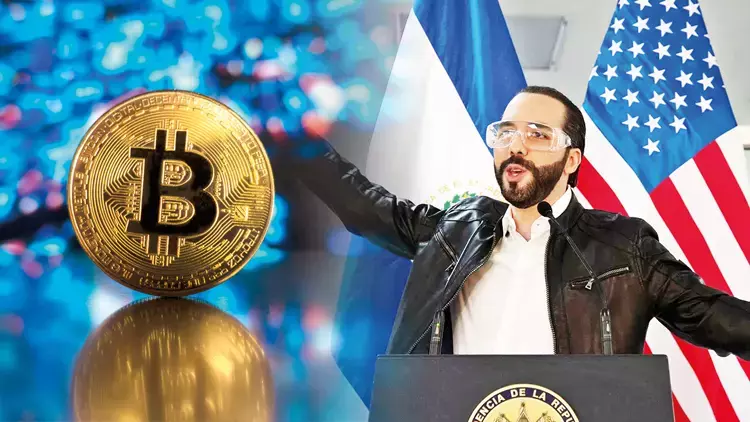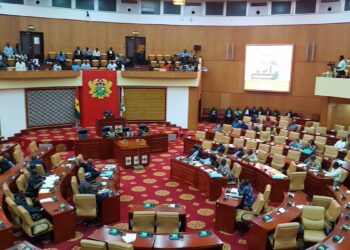El Salvador has reached a $1.4 billion financing agreement with the International Monetary Fund (IMF) under a 40-month Extended Fund Facility.
The deal, aimed at addressing the country’s balance of payment challenges and advancing its reform agenda, comes with a significant condition: scaling back its Bitcoin-related activities within the public sector.
In a recent press release, the IMF explained that the agreement includes measures to restrict government purchases and transactions in Bitcoin, though specific details remain undisclosed. Additionally, El Salvador will be required to mandate tax payments exclusively in U.S. dollars and phase out its involvement with Chivo, the state-sponsored Bitcoin wallet.
“Transparency, regulation, and supervision of digital assets will be enhanced to safeguard financial stability, consumer and investor protection, and financial integrity,”
the IMF noted.
It also stated that the financing arrangement, which includes contributions from the World Bank, the Inter-American Development Bank, and other regional institutions, could bring the total support package for El Salvador to over $3.5 billion.
Beyond the Bitcoin-related measures, the agreement outlines fiscal reforms to reduce public debt, enhance fiscal transparency, and strengthen financial and fiscal reserves. To ensure long-term debt sustainability, El Salvador must improve its primary fiscal balance by 3.5% of GDP over three years while maintaining critical spending.
El Salvador’s agreement with the IMF signals a shift in its Bitcoin policy. Under President Nayib Bukele, the country became the first in the world to adopt Bitcoin as legal tender in June 2021 to promote financial inclusion and attract foreign investment. However, according to the Financial Times, the IMF deal will ensure that the private sector’s acceptance of Bitcoin remains voluntary, rolling back provisions from Article 7 of the 2021 Bitcoin Law, which required all economic agents to accept Bitcoin as payment.
The discussions regarding the deal reached a critical stage in August 2024 when a mission led by Raphael Espinoza, which involved both in-person and virtual engagements, announced that it had reached a preliminary agreement with the Salvadoran authorities.
The final approval of the deal by the IMF board is contingent upon El Salvador fulfilling the “agreed prior actions.” This approval is expected by early February 2025.
If you want to read more news articles like this one, visit DeFi Planet and follow us on Twitter, LinkedIn, Facebook, Instagram, and CoinMarketCap Community.
“Take control of your crypto portfolio with MARKETS PRO, DeFi Planet’s suite of analytics tools.”





















